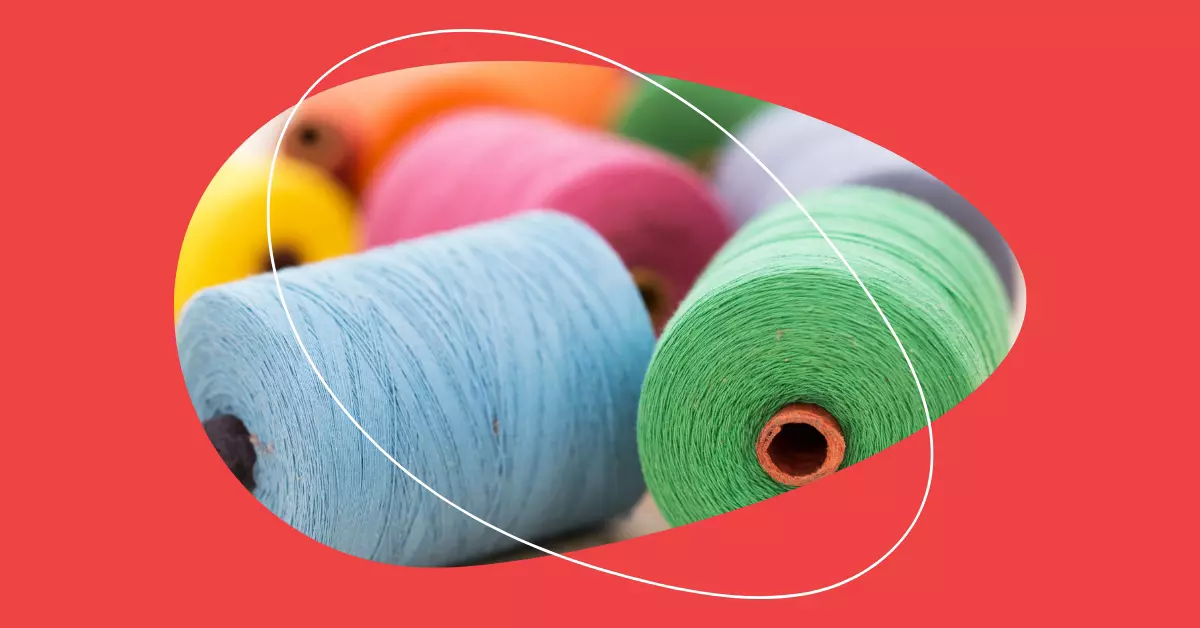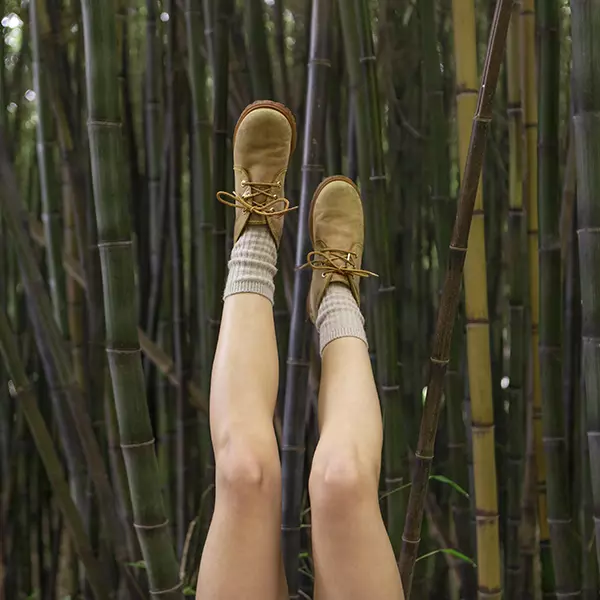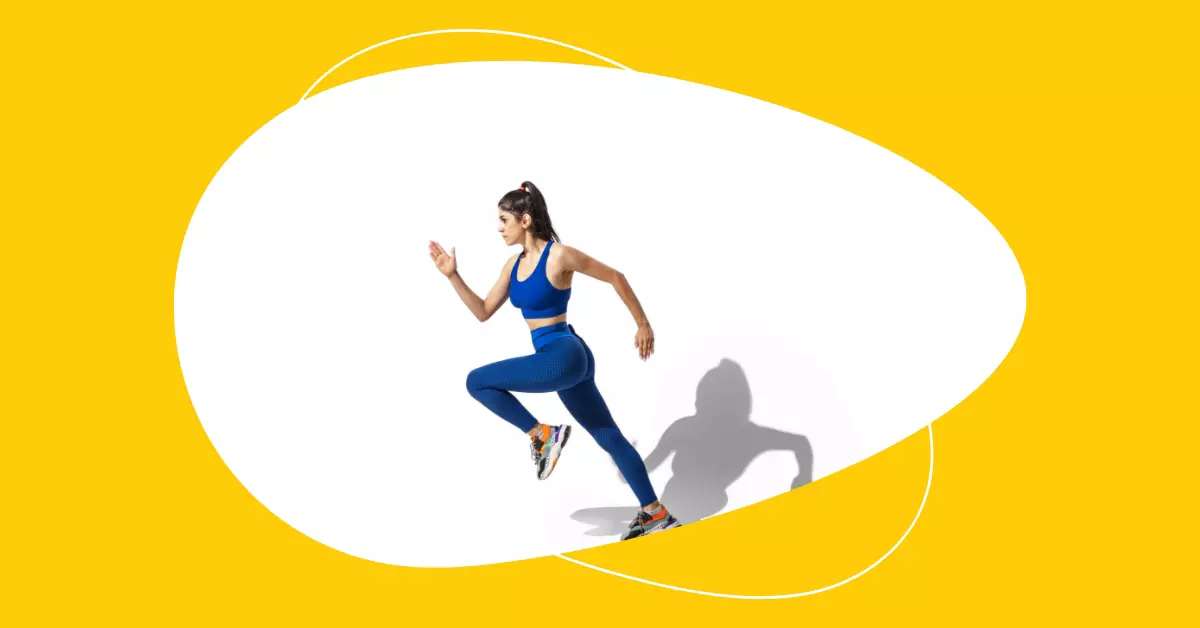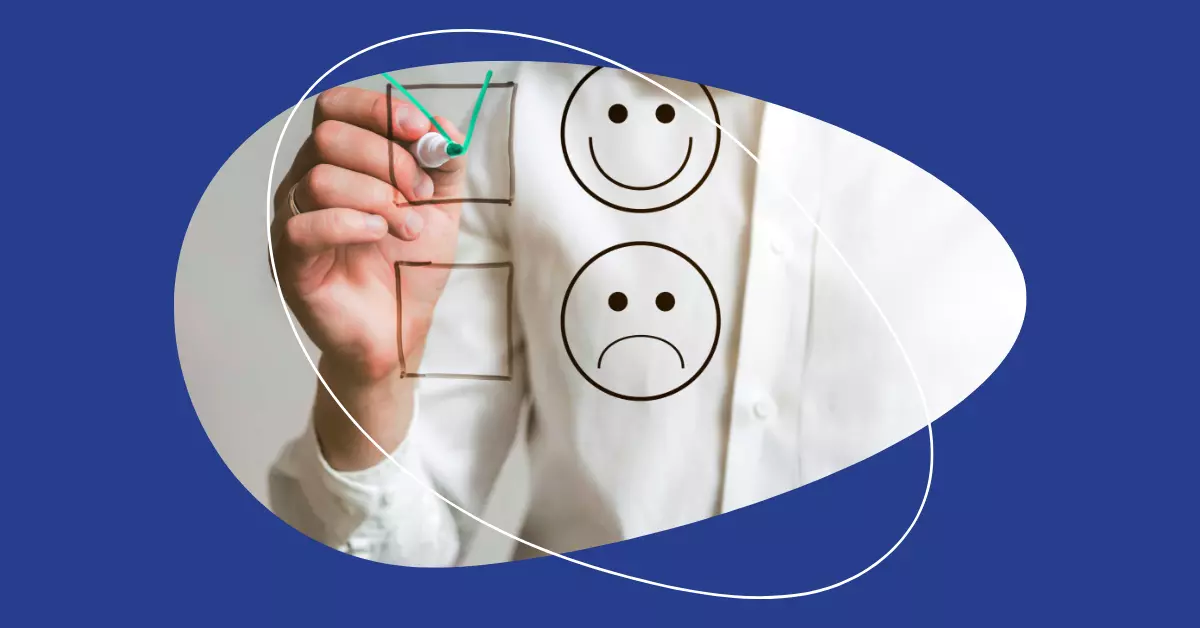Why Bamboo Socks are a Sustainable Choice

Bamboo is a fast-growing plant. Some species grow up to 2 feet a day. It forms a vast root network that sprouts new shoots and doesn't need plantation. The bamboo plant sequesters 1.7 tons of CO2 per clump each year. Fiber extracted from the bamboo plant is soft, silky, and water absorbent. These properties made it an ideal fabric for towels, t-shirts, and socks.
Bamboo fabric is acclaimed as the natural, green, and eco-friendly sustainable textile material of the 21st century. But what is sustainability and why are we talking about it? Let us find out.
Table of Contents
Introduction
Our planet has a finite number of resources. The entire human, animal and plant population depend on it for survival. As stewards of the earth, human beings are responsible for the protection and preservation of the environment. Judicious use of resources is a duty, not simply for a better present, but a safe tomorrow.
Whether we know it or not, our choices seriously impact the environment. The current rate of consumption of natural resources reflects apathy and ignorance. As human populations and the production of goods are at an unsustainable rate, the stress on the environment is evident.
A shift in consumption patterns could change the status quo significantly. But how many of us are willing to do that? TalkingSox explores sustainability in this blog. Can this word be translated into action? We don't have all the answers. However, we can share our version of a sustainable world today.
What is sustainability?
If one must break it down, it is a way of taking care of our needs without jeopardizing the needs of others. It is more than activism, but also concerns itself with social equity and economic development.
Sustainability, as a concept, has its roots in movements like social justice, conservationism, internationalism etc. Now all these movements and others that are part of the history are collectively called "sustainable development."
It is a holistic approach that recognizes the path to lasting prosperity. It is the fruit of securing gains in the ecological, social, and economic dimensions of human existence.
-
Ecological Sustainability:
Ecological sustainability is a state of balance. When each ecosystem is given the ideal conditions to flourish, the result is a host of benefits that flow from one to the other. Keep in mind, you 'give back' for each 'take.'
-
Economic Sustainability:
Prosperity for a few at the cost of the many is an unsustainable policy. Social and environmental neglect is not the price for long-term economic growth. The goal is to create stable economies at the local and the global level.
-
Social Sustainability:
Social sustainability guarantees personal and cultural rights to people and protects them against discrimination.
How bamboo fits sustainability?

Goes with everything. © Freepik
Available in 1000 different types, these perennial plants grow in various climatic conditions all around the world. This makes bamboo a more economical fiber as compared to cashmere or cotton.
Bamboo is sustainable for the following reasons.
-
Grows Fast: Bamboo is one of the fastest growing plants on earth. A new shoot of bamboo reaches its full height in less than a year.
-
Requires less amount of water: Cotton plantation requires 2700 liters to produce one t-shirt.
Bamboo plantation requires 1/3 the amount of water to grow than cotton uses.
-
No pesticides: Bamboo is naturally pest resistant. It has a substance called bamboo Kun that keeps pests away.
-
Does not require fertilizers: Cotton farming requires excessive amounts of fertilizers for plant growth.
On the other hand, bamboo can easily grow without fertilizers.
-
Carbon sink: Research show that bamboo plantation can be effectively used to curb greenhouse gases emissions as it can act as a giant carbon sink.
-
Decomposition: Bamboo and bamboo products are noted to indicate up to 95% of mass loss on decomposition. This means bamboo and its products do not stay in the environment like plastic or cotton.
-
Lasts longer: If you take proper care of your bamboo products, some of them can last for years.
TalkingSox and Sustainability:
We value sustainability and practise it through our policies, behaviour, and everyday life.
-
Single use plastic: We use glass or steel bottles for water.
-
Biodegradable material: The packaging material used for protecting socks from dust and water cannot be anything but plastic. But to curb the waste landing into the oceans and harming the environment, we use 100% biodegradable plastic.
-
Reduced paper usage: We use our electronic devices and reduce our dependency on paper as much as possible. As a brand we also prefer electronic ways to publish content and fill forms rather than using paper.
-
Hybrid model of working: The pandemic pushed all of us to work from home. But we understand that it has strong environmental benefits to. Our employees travel to the office only when they are absolutely required to.
-
Sustainable supplies: Our efforts are to use eco-friendly, sustainable offices supplies as far as possible. The efforts are to promote responsible partners who practice good environmental choices.
Conclusion
Switching to bamboo socks is a small step in your personal sustainability story. It could start with buying a pair of TalkingSox bamboo socks. Meet your pair today.
Check out our website to know more.
Search for deals on Amazon. Click here.





